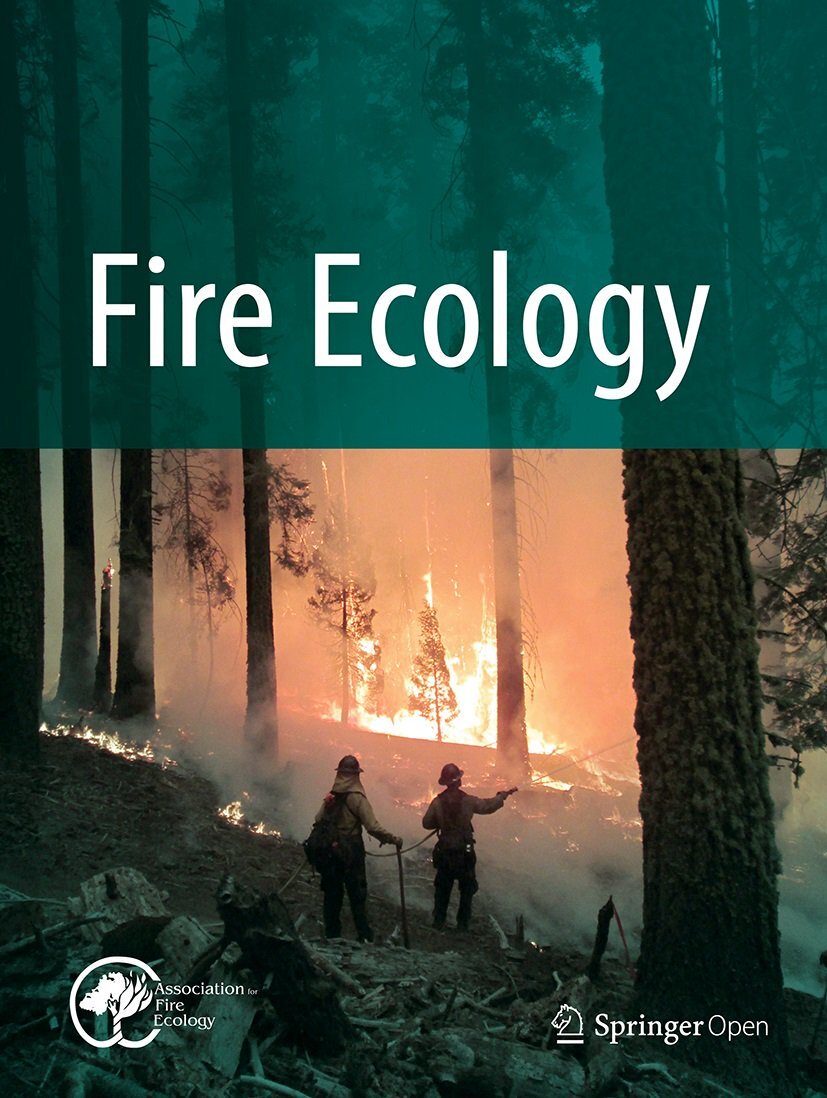Job Type: On-site, full-time, faculty
Location: Cal Poly Humboldt - Arcata, CA
Salary: $76,000-$79,000/year
Application Due Date: November 2, 2025
Description:
Cal Poly Humboldt and the Department of Forestry, Fire and Rangeland Management invites applicants for a full-time, academic year, tenure-track faculty position with an emphasis in Rangeland Resource Science. We invite applicants with a broad suite of skills in addition to range, including fire, wildlife, and social science/policy. The successful candidate will teach classes in the Rangeland Resource Science program and potentially in other programs (e.g., Applied Fire Science) suitable to their skill set.
Duties:
Candidates should be committed to teaching excellence and to building a strong research record. Instructional assignments may include: RRS 306 (Rangeland Management Principles), RRS 360 (Rangeland Plant Communities), RRS 370 (Rangeland Ecology), RRS 375 (Rangeland Inventory and Health), RRS 420 (Introduction to Animal Science), RRS 430 (Rangeland Restoration and Improvement), RRS 460 (Rangeland and Ranch Planning), or other classes based on candidate expertise. Instructional assignments will be consistent with the programmatic needs of the department and students.
The primary professional responsibilities of instructional faculty members are: teaching, research, scholarship, creative activity, and service to the University, profession and to the community. These responsibilities include: advising students, participation in campus and system-wide communities, maintaining office hours, working collaboratively and productively with colleagues, and participation in traditional academic functions. Probationary faculty are typically provided ongoing mentorship to be a successful member of the faculty. During the first two years of the probationary period, teaching responsibilities will be reduced by approximately one course each semester. The reduced teaching load supports the establishment of research, scholarship and/or creative activities required for retention, tenure, and promotion.
Cal Poly Humboldt also continues to build unique and innovative learning opportunities for students, bridging multiple disciplines across the spectrum. Cal Poly Humboldt is a leader in “learning communities” that build relationships between students, faculty, staff, administrators, and the community. These communities incorporate environmental and social responsibility.
Minimum Qualifications:
Record of training or experience in the field of Rangeland Resource Science;
Excellence in, or clear potential for, university-level teaching and creating a student-centered learning environment;
Evidence of, or clear potential for, conducting and publishing original research on Rangeland Management in peer-reviewed journals;
Experience in, or clear commitment to, applied, community-based rangeland research in collaboration and reciprocal knowledge exchange with regional livestock producers, Tribal Nations, and/or prescribed burn associations;
Demonstrated commitment to collegiality and interdisciplinary collaboration across programs such as Applied Fire Science, Native American Studies, Wildlife, Environmental Science, and Botany;
Experience with, or evidence of preparation for, grant writing and pursuit of external funding ;
Demonstrated experience working effectively with diverse student and/or research populations;
Demonstrated knowledge and familiarity addressing issues of concern facing students from diverse backgrounds in higher education; and
Record of, or potential for, involving students in research and scholarly activity.
Preferred Qualifications:
Active involvement in professional organization(s) affiliated with range, fire, wildlife, and/or soils science disciplines;
Record of rangeland, fire, soils, and/or wildlife habitat management experience with federal or state agencies, Tribal Nations, Cooperative Extension Service, academic research, or other land management activities;
Familiarity with diverse soils and rangeland ecosystems, including but not limited to coastal prairies, annual grasslands, and oak woodlands; and
Experience in the development of online learning experiences and the use of online instructional technologies.

